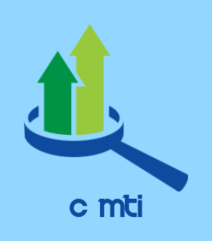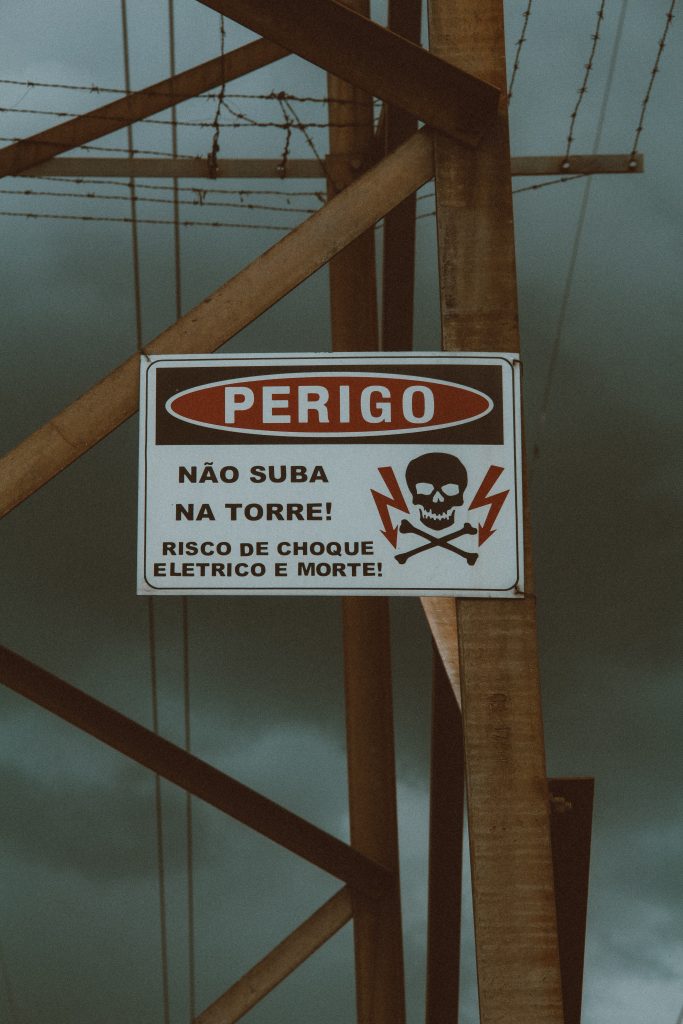The Portuguese Language in Brazil
Brazil is the largest country in South America, and it is the only Portuguese-speaking country in the continent. The Portuguese language is the official language of Brazil, and it is the most widely spoken language in the entire nation. Portuguese is spoken by nearly all of the 200 million people who live in Brazil. Although the language of Brazil is Portuguese, the Brazilian Portuguese dialect has some significant differences from the Portuguese language spoken in Portugal.
Brazilian Portuguese Differences
Brazilian Portuguese has some unique characteristics when compared to the Portuguese language spoken in Portugal. One of the most important differences is that some words are different in each language. For example, in Portuguese, the word for “computer” is “computador”, while in Brazilian Portuguese it is “computador”. In Portuguese, the word for “television” is “televisão”, while in Brazilian Portuguese it is “televisão”. In addition, the pronunciation and intonation of words is also different between the two dialects, with Brazilian Portuguese having a more relaxed pronunciation.
Other Languages in Brazil
In addition to Portuguese, there are several other languages spoken in Brazil. Indigenous languages are spoken by a small minority of the population. In the state of Amazonas, Nheengatu, an indigenous language, is spoken by some people. In the state of Mato Grosso do Sul, Guarani is spoken by some of the indigenous people. In addition, there are also some immigrant languages spoken in Brazil, such as German, Italian, and Japanese.
Conclusion
In conclusion, Portuguese is the official language of Brazil and is spoken by nearly all of the population. The Brazilian Portuguese dialect has some significant differences from the Portuguese language spoken in Portugal. In addition to Portuguese, there are also some other languages spoken in Brazil, such as indigenous languages and immigrant languages.

